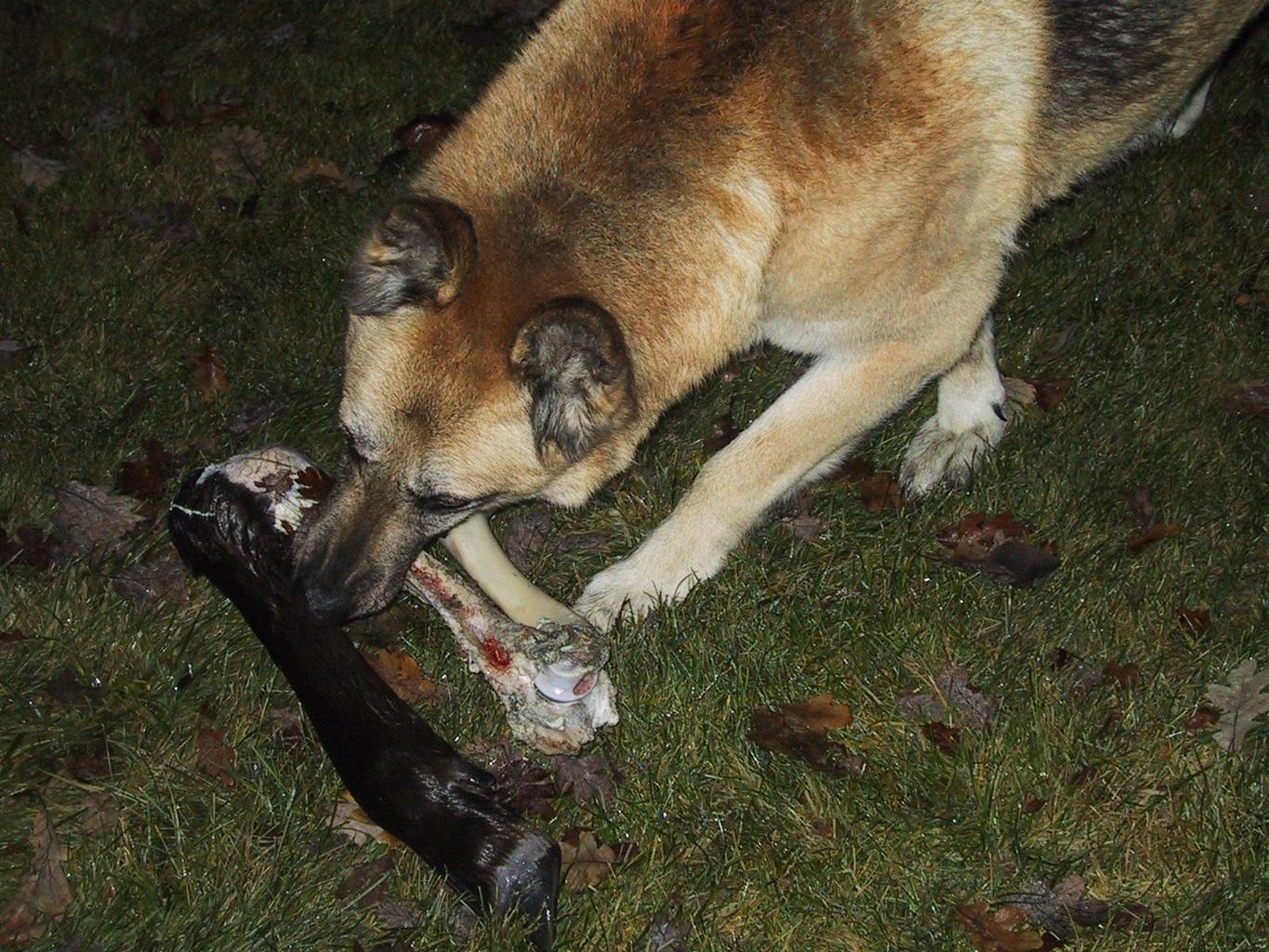Woof woof, fellow pup lovers! Let’s face it, we all want our furry friends to be happy and healthy. But sometimes, our dogs can experience hormone woes that affect their mood, skin, and overall well-being. Fear not, as we’ve got some tips and tricks to help unleash the wag and cure those hormone problems!
Puppy Problems? Learn How to Unleash the Wag with These Hormone Fixes!
When it comes to hormone problems in dogs, the most common issue is an underactive thyroid gland, also known as hypothyroidism. This can lead to a variety of symptoms such as weight gain, lethargy, and poor coat quality. Luckily, hypothyroidism can be diagnosed with a simple blood test and treated with medication. So if you notice any of these symptoms in your furry friend, make sure to bring them to the vet!
Another hormone-related problem that dogs can face is Cushing’s disease, which is caused by an overproduction of cortisol in the body. This can cause symptoms such as increased thirst and urination, hair loss, and a pot-bellied appearance. Cushing’s disease can also be diagnosed with a blood test and can be treated with medication or surgery, depending on the severity of the case.
Lastly, dogs can also experience hormone-related behavioral problems, such as aggression, anxiety, and excessive barking. In these cases, it’s important to address the underlying cause of the behavior, which can sometimes be related to hormonal imbalances. A veterinarian or behaviorist can help diagnose the issue and provide solutions such as medication or behavioral training.
From Mood Swings to Itchy Skin, Discover the Solutions to Your Dog’s Hormone Woes!
In addition to medical conditions, dogs can also experience hormone-related skin issues such as allergies and hot spots. These can be caused by an overactive immune system, and can often be treated with medication or dietary changes. If your pup is constantly scratching or licking their skin, make sure to bring them in for a check-up.
Dogs can also experience hormonal imbalances related to their reproductive systems. Female dogs may experience irregular heat cycles or develop infections, while male dogs can develop testicular tumors or prostate issues. These can all be diagnosed and treated by a veterinarian, so make sure to keep an eye out for any changes in your dog’s reproductive health.
Overall, keeping an eye out for hormone-related problems in your furry friend is key to ensuring their health and happiness. Regular check-ups with a veterinarian, and paying attention to any changes in behavior or appearance, can help diagnose and treat any underlying issues. So go ahead, unleash the wag, and give your pup the best life possible!
That’s it for our guide on spotting and curing dog hormone woes. Remember, taking care of our furry friends is a responsibility that comes with great rewards – an endless supply of love and cuddles. Stay vigilant and keep your pup happy and healthy! Woof woof!







